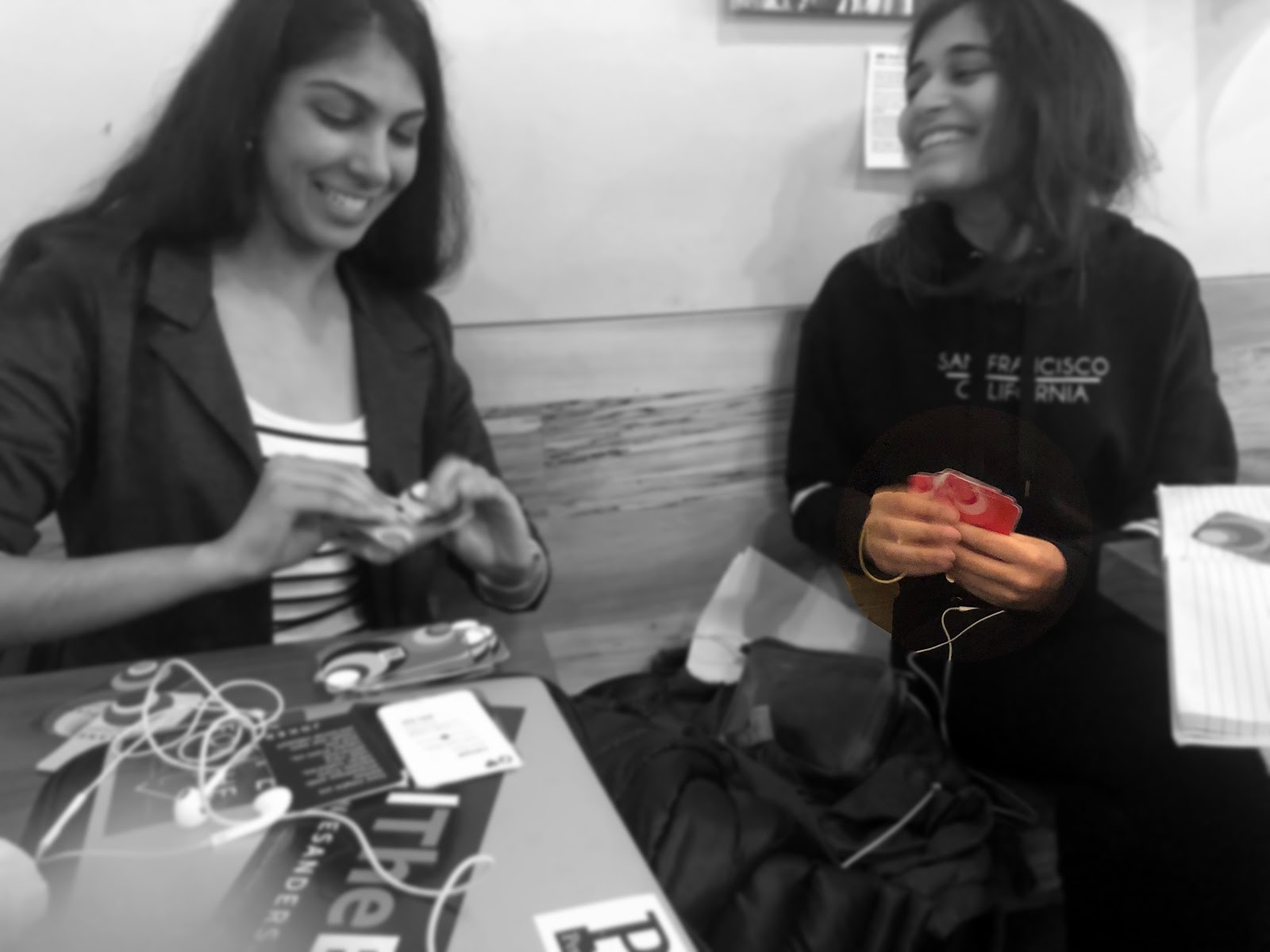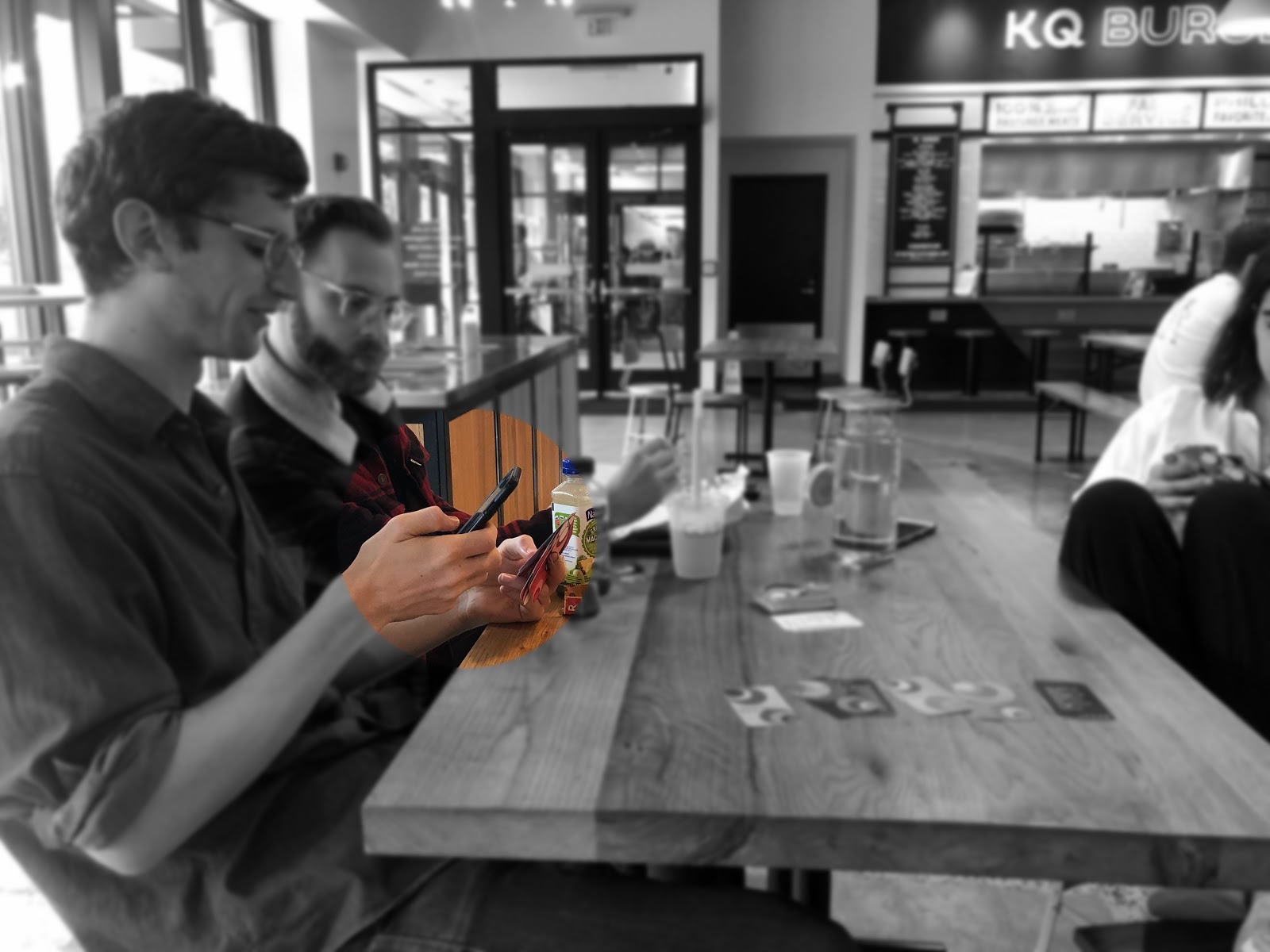
AFS: Customer journey & game prototypes
Previous
Next
UPenn Graduate School Group Project
AFS: Customer journey & game prototypes
Project Overview:
We were tasked with answering the question: How might encourage AFS study abroad students to be active global citizens?
Key Takeaways:
(1) Mapped students’ year-long study abroad journey with AFS to visualize challenges, bottlenecks, and opportunities.
(2) Provided a range of solutions to encourage active global citizenship, considering both short-term and long-term concepts that have a high impact.
(3) Prototyped solutions and tested concepts with age-range users for feedback and to validate hypotheses and assumptions made about student preferences.
Process:
25 interviews + A Customer Journey Map
8 Students, 9 AFS Volunteers, 2 AFS Host Parents, 3 AFS Representatives, 1 CSIS Representative, 2 Charter School Coordinators

Watch Our Group Pitch:

Key Insights
Students need to feel psychologically safe before they can build socio-cultural connections or strive for social impact.
“Students need to be educated and empowered to stand up for themselves” - AFS Alumni
“First, we have to study other people’s cultures. We really shouldn’t have bias when we experience things for the first time. I sometimes do have bias, which is not good. I’m trying not to.” - AFS Japan/France
“I think what’s difficult about it is that in the time I was there, it took awhile for me to feel useful. To this day, I still feel I got more out of it than I was able to give back.”- AFS US/Paraguay
My Favorite Prototype + Testing
Cultural card deck with slang, metaphors and sayings from different languages. Digital cards accessed via a QR code scanned with a phone.
“The deck of cards looks great. We like to have students interact as much as possible and this meets that goal. Did I tell you that we recently had to deal with the fact that some of our students were using the N-word without realizing how offensive and racist it is. This is the type of day to day issues that they need to know.” - AFS US
“What does a teenager like to do more than use their smartphone??!!” - AFS US
Implementation
We felt it would be most feasible to create general cultural card deck experiences at first that AFS could distribute at recruitment events and orientation events. As more data was gathered, AFS could develop culture-specific or country-specific card decks to enhance the AFS student experience. The digital card experience would encourage students to swap cards with one another and help create an informal AFS student social network.
Commercialization
We see this physical and digital card game to have implications beyond AFS. For example, it could be used for learning new languages or could be added as a feature to existing products such as Rosetta Stone or Duolingo.




